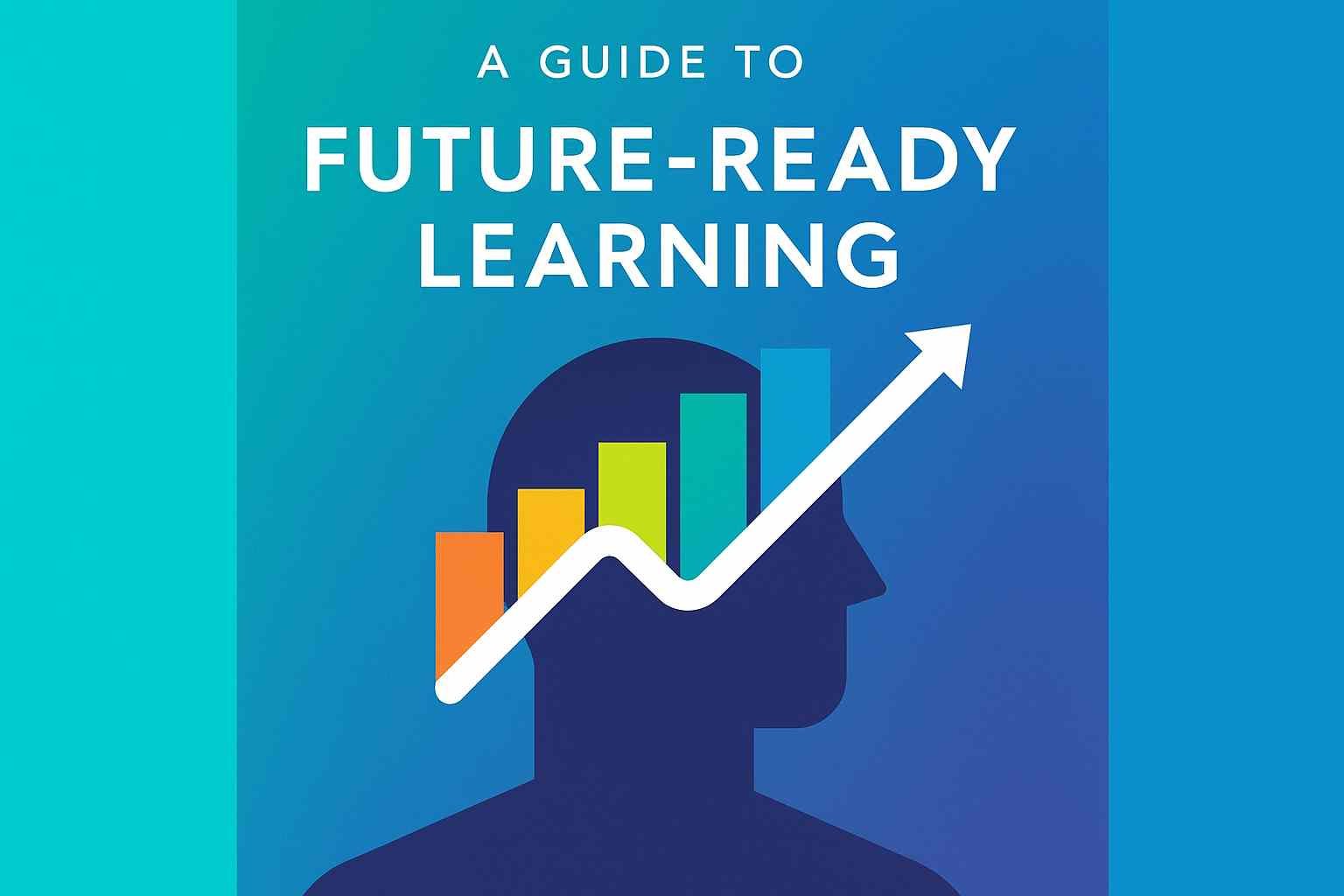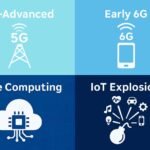The world of work is changing at lightning speed. Automation, digital transformation, and shifting global economies have redefined the skills we need to thrive. According to the World Economic Forum’s Future of Jobs Report 2023, nearly 50% of workers will need reskilling by 2025. This rapid change can feel overwhelming — but it also opens up exciting opportunities.
At the center of this transformation is Artificial Intelligence (AI). Once a futuristic buzzword, AI is now quietly shaping the way we learn, adapt, and upskill. From personalized learning paths to real-time feedback, AI is emerging as a partner in human growth, helping us become more agile, innovative, and future-ready.
1. Personalized Learning, Powered by AI
One of AI’s most remarkable contributions to education is its ability to make learning truly personalized. Traditional classrooms and even many online courses follow a fixed curriculum. But AI-driven platforms adapt to your pace, strengths, and weaknesses.
- Apps like Coursera and Khan Academy use AI to suggest courses aligned with your interests and career goals.
- Adaptive learning systems adjust content difficulty in real-time, ensuring you don’t waste time on what you already know.
This means that two learners taking the same course could have completely different journeys — each optimized for maximum growth.
👉 Explore: World Economic Forum – How AI is Transforming Education
2. Real-Time Feedback for Faster Growth
Think about how we traditionally learn a new skill — you study, practice, and then wait for an exam or peer review. With AI, feedback is instantaneous.
- Duolingo uses AI to evaluate your pronunciation and correct mistakes on the spot.
- Grammarly gives writers real-time suggestions for grammar, tone, and clarity.
- Orai acts as a personal public-speaking coach, analyzing your speech pace, filler words, and confidence.
This instant feedback loop accelerates learning and helps learners build confidence faster.
3. AI as Your Virtual Mentor
Not everyone has access to expert mentors — and that’s where AI bridges the gap. Tools like ChatGPT serve as an on-demand tutor for writing, coding, research, or brainstorming ideas. Similarly, GitHub Copilot helps programmers learn by suggesting smarter, more efficient code.
AI mentors don’t replace human guidance, but they democratize access to high-quality learning support, ensuring everyone has a coach in their pocket.
4. Preparing for Future Careers with Skill Mapping
One of the biggest challenges professionals face is knowing which skills to prioritize. The job market is evolving, and AI is helping us make sense of it.
- LinkedIn Career Explorer uses AI to compare your skills with market trends and suggests career paths you may not have considered.
- Many HR platforms now predict future skill demands, helping learners proactively prepare for tomorrow’s opportunities.
Instead of guessing what skills to learn next, AI provides data-driven clarity.
👉 Try it: LinkedIn Career Explorer
5. Unlocking Creativity with AI
Contrary to the fear that AI stifles creativity, it often does the opposite. By handling repetitive tasks, AI frees up time for learners to focus on higher-order creative work.
- Designers can use Canva’s AI tools for layout suggestions, then refine the creative vision themselves.
- Musicians can practice with AI-powered apps that analyze rhythm and pitch.
- Writers can brainstorm with AI, but add the uniquely human touch of storytelling and nuance.
The result? Enhanced creativity, not diminished originality.
6. Inclusive Learning for Everyone
AI is making education more inclusive than ever before:
- Speech-to-text AI supports learners with hearing impairments.
- Text-to-speech and image recognition tools help visually impaired learners.
- Adaptive platforms adjust difficulty levels, ensuring learners of all abilities progress at their own pace.
This inclusivity ensures that no learner is left behind, regardless of background or ability.
👉 Read more: UNESCO – AI and Inclusive Education
7. Building Human-AI Collaboration Skills
While AI can automate tasks, the most valuable skills in the future will be those that AI cannot replicate: critical thinking, empathy, emotional intelligence, and leadership.
The smartest learners are those who see AI as a collaborator, not a competitor. By mastering both technical and human skills, you position yourself as a professional who can work with AI — not against it.
Conclusion: The Future Belongs to the AI-Ready Learner
AI is not here to take away opportunities — it’s here to create them. The key is how we adapt. By leveraging AI-powered tools for personalized learning, feedback, mentorship, and skill mapping, we can unlock a world of growth opportunities.
The message is clear: those who embrace AI in their skill development will lead the workforce of tomorrow.
👉 Start small: experiment with AI-powered learning apps, track your progress, and gradually integrate AI into your career development. The future of learning is already here — and it’s powered by AI.



